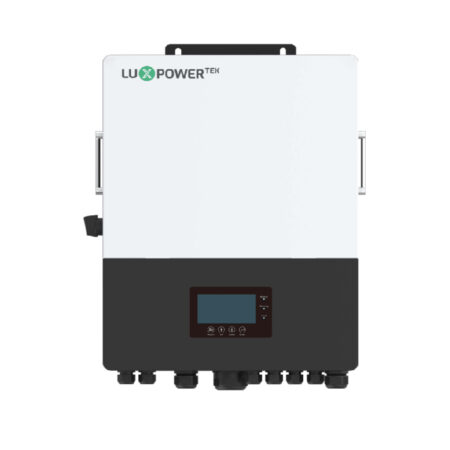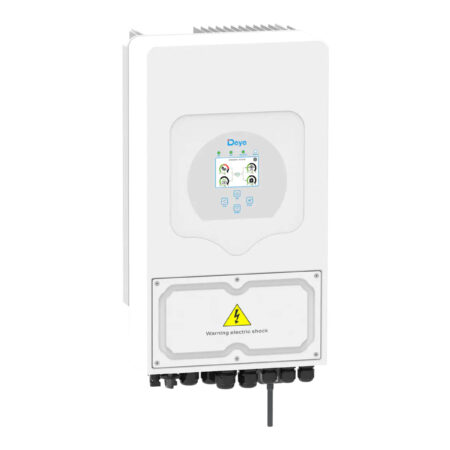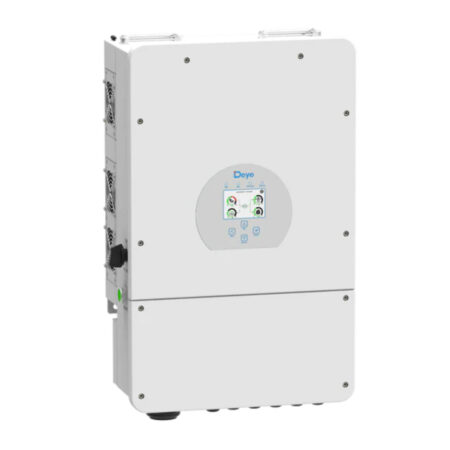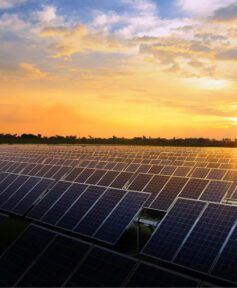Harnessing the Power of the Sun: How Solar Energy Can Benefit Agriculture
March 17, 2023 2023-03-22 5:14Harnessing the Power of the Sun: How Solar Energy Can Benefit Agriculture
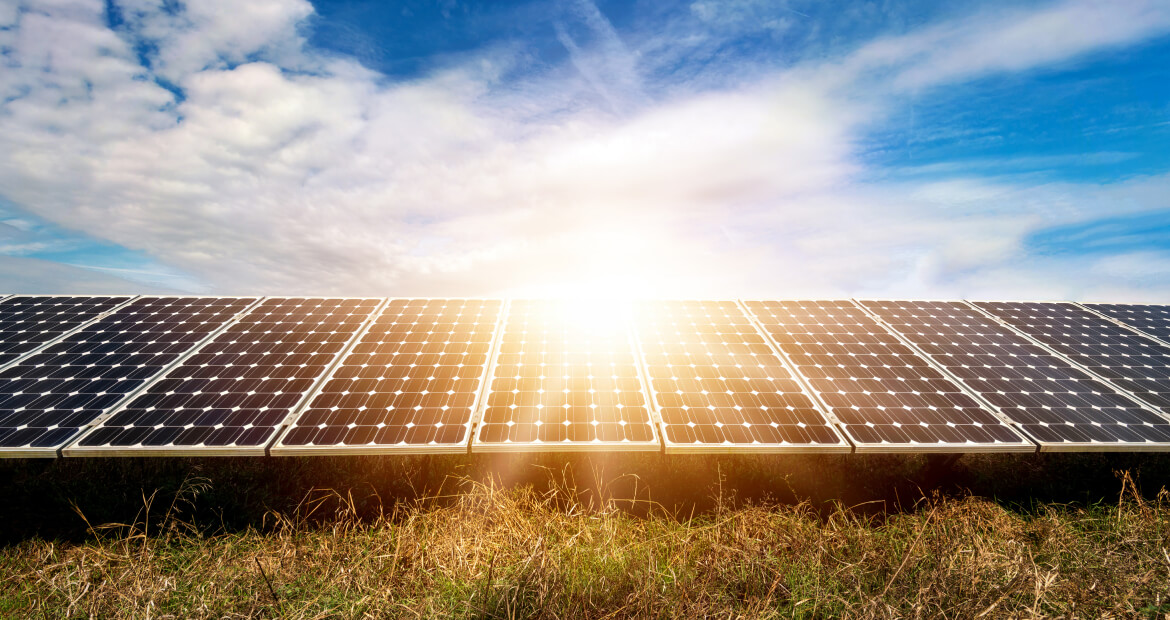
Harnessing the Power of the Sun: How Solar Energy Can Benefit Agriculture
Solar energy has been hailed as the future of energy for its environmentally friendly nature and low cost. It has been used in various industries, and agriculture is no exception. Solar energy is an excellent alternative to traditional energy sources for farmers and can provide numerous benefits to agriculture. This article explores the advantages of using solar energy in agriculture, examples of successful solar agriculture projects, and the future of solar energy in agriculture.
Introduction to Solar Energy in Agriculture
Agriculture is a critical sector of the economy, and it requires a lot of energy to operate. Farmers need energy to power irrigation systems, operate machinery, and provide heat and light for livestock. The use of traditional energy sources such as fossil fuels can be expensive, and it also contributes to environmental pollution.
Solar energy is an excellent alternative to traditional energy sources for farmers. It is clean, renewable, and can be harnessed on-site. It is also cost-effective as it reduces the reliance on expensive energy sources such as diesel generators. The installation of solar panels can provide energy for both on-farm and off-farm use. This means that farmers can use solar energy to power their homes and other structures on the farm.
Advantages of Using Solar Energy in Agriculture
1. Cost-Effective
One of the significant advantages of using solar energy in agriculture is the cost savings that come with it. The initial cost of installing solar panels may be high, but the long-term benefits outweigh the costs. The use of solar energy can reduce energy costs by up to 50%, which can significantly impact the farmer’s bottom line.
2. Environmentally Friendly
Solar energy is a clean and renewable source of energy. It does not produce any emissions, which is beneficial for the environment. The use of solar energy can help reduce the carbon footprint of agriculture and contribute to a more sustainable future.
3. Increased Reliability
The use of traditional energy sources is dependent on supply and demand. Electricity grids can be unreliable, and power outages can occur. The use of solar energy can provide a reliable source of energy for farmers, especially in remote areas where access to electricity is limited.
4. Low Maintenance
Solar panels require minimal maintenance compared to traditional energy sources. Once installed, they require little to no maintenance, which can save farmers time and money. The panels have a long lifespan, and the initial investment in the system can be recouped over time.
5. Diversification
The use of solar energy can provide farmers with another source of income. Farmers can sell excess energy back to the grid, which can provide an additional revenue stream.
Examples of Successful Solar Agriculture Projects in the World
1. The Solar-Powered Irrigation System in India
In India, a solar-powered irrigation system was installed in the state of Chhattisgarh. The system uses solar energy to power irrigation pumps, which have improved crop yields and reduced costs for farmers.
2. The Solar-Powered Vertical Farm in Japan
In Japan, a vertical farm was developed using solar energy. The farm produces vegetables, which are grown in a multi-level environment that uses LED lights and solar panels to power the system. The farm has significantly reduced energy costs and provided a sustainable source of food production.
3. The Solar-Powered Dairy Farm in New Zealand
In New Zealand, a dairy farm installed a solar-powered water heating system. The system uses solar energy to heat water, which is used to clean the milking equipment. The system has reduced energy costs and provided a sustainable source of energy for the farm.
Future of Solar Energy in Agriculture
The future of solar energy in agriculture is promising. The development of new technologies and the decrease in the cost of solar panels have made it more accessible to farmers. The use of solar energy can help farmers reduce energy costs, increase reliability, and contribute to environmental sustainability. It is expected that more farmers will adopt solar energy in the future, which will significantly impact the agricultural sector.
Conclusion - The Potential of Solar Energy for Transforming Agriculture
The use of solar energy in agriculture has numerous benefits. It is cost-effective, environmentally friendly, and provides a reliable source of energy. The examples of successful solar agriculture projects demonstrate the potential of solar energy for transforming agriculture. The future of solar energy in agriculture is promising, and it is expected that more farmers will adopt solar energy in the future. The use of solar energy can contribute to sustainable agriculture and provide a reliable source of energy for food production.
If you are a farmer looking to harness the power of solar energy, contact us today to learn more about how we can help you.





